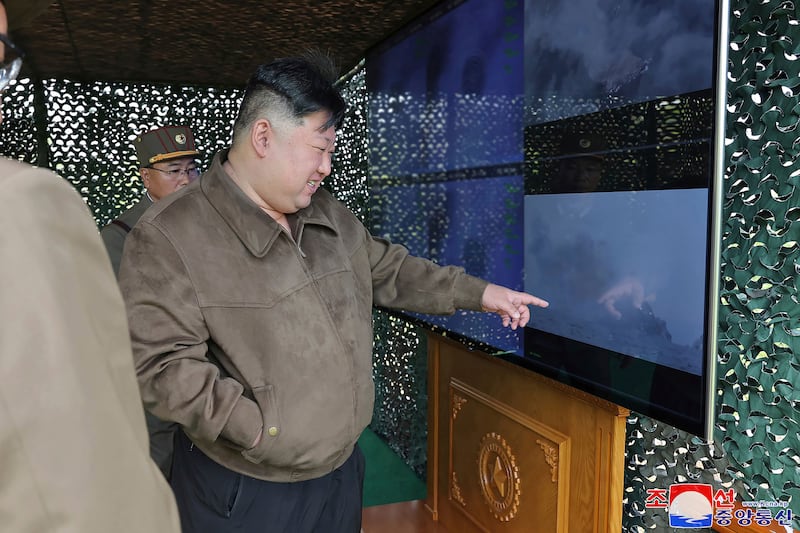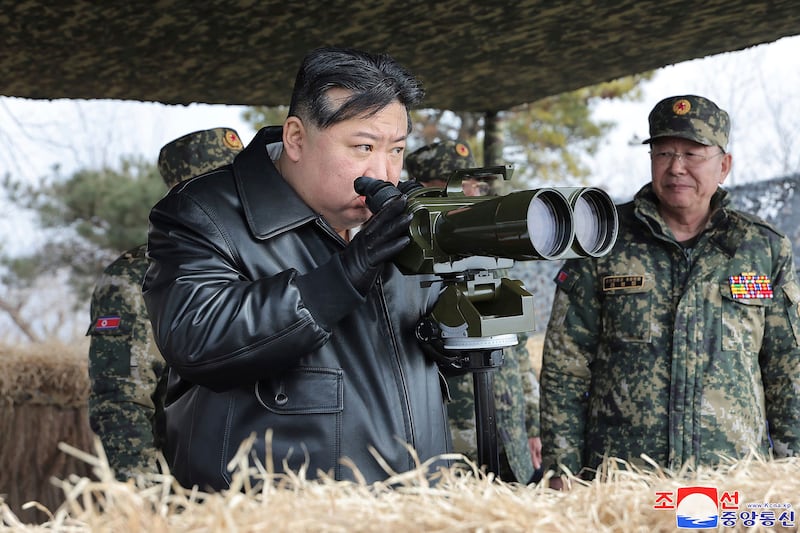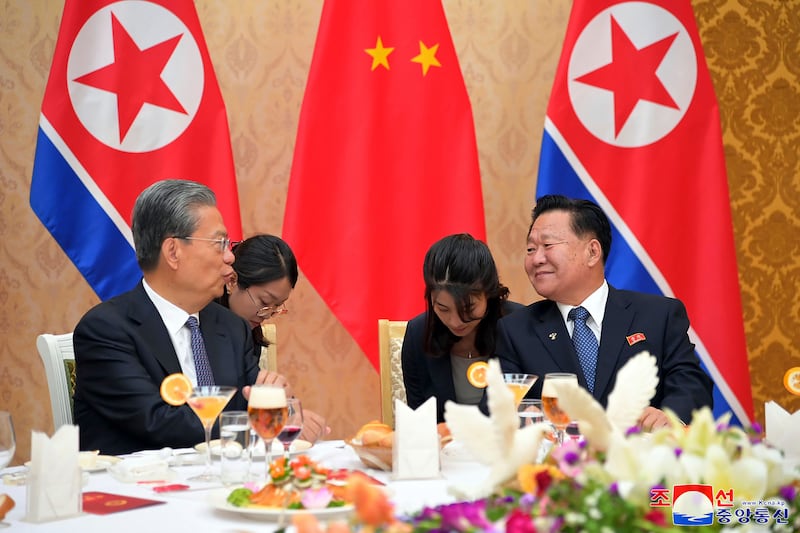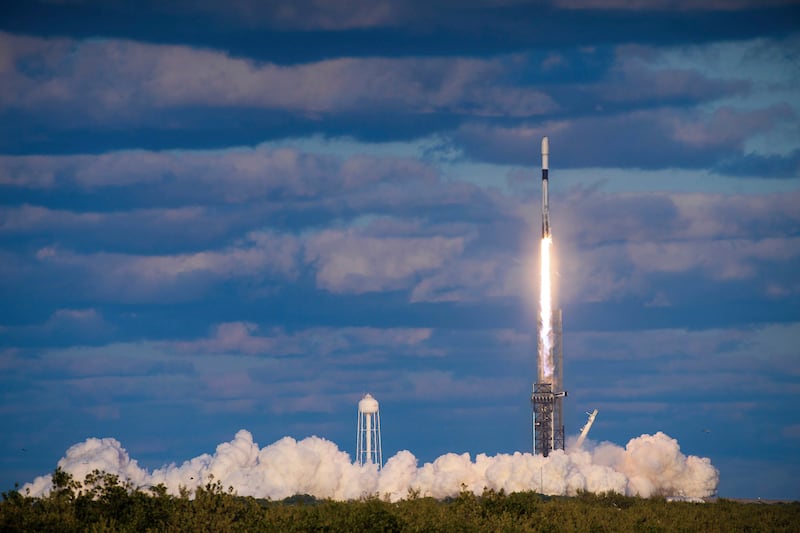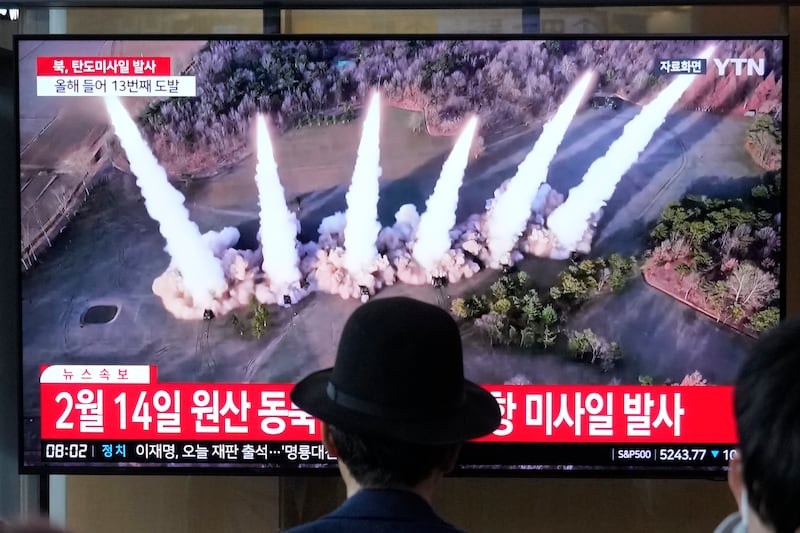The day to day issues faced by the rest of the world can only appear fairly minor when compared to the sense of sheer helplessness experienced by the 130 million citizens of Japan as North Korea fired a ballistic missile over their country.
Although it eventually crashed apparently harmlessly into the northern Pacific Ocean, it flew directly above northern Japan's Hokkaido island in what was widely viewed as a blatant act of aggression.
North Korea has steadily escalated its missile programme in recent years but the latest rocket, which drew an outraged reaction from Washington, is said to be the first to specifically pass over Japan.
US president Donald Trump said that `all options’ remains on the table, and, after speaking by phone with Japanese Prime Minister Shinzo Abe yesterday, pointedly did not rule out a military response.
Earlier this month, Mr Trump warned North Korea would face "fire and fury" if it continued to threaten the US Pacific territory of Guam.
However, both Russia and China have expressed concerns about the recent joint US-South Korean military exercises in the area which Pyongyang has described as a rehearsal for invasion.
The rest of the international community has been looking on with levels of apprehension which have been compared to the Cuban missile crisis of 1962 when a confrontation between the US and the former Soviet Union led to fears that a full scale nuclear war could follow.
A highly pressurised but measured set of negotiations eventually helped to defuse the tensions of 55 years ago and it must be hoped that a similar process can follow on this occasion.
Upheaval on the Korean peninsula has seldom been far from the surface since the US and the Soviets divided it in two at the end of World War Two. Reunification talks failed and by 1948 there were two separate governments with the 1950-53 Korean War following.
While the UN Security Council is planning to hold an emergency meeting shortly, its options are limited and economic sanctions against North Korea have plainly proved ineffective in the past.
It will also be noted that relationships between Washington and Beijing have been strained for some time and the ties between China and its neighbours in Japan and South Korea are also regularly portrayed as fractious.
One possibility could be for the US and South Korea to immediately end their military exercises with Pyongyang agreeing to simultaneously place its military programme on indefinite hold.
Mr Trump has not so far been noted for his ability to reach compromises, while the North Korean leader Kim Jong-un is an even more volatile individual, but they must both realise that the diplomatic route is the only way forward.


